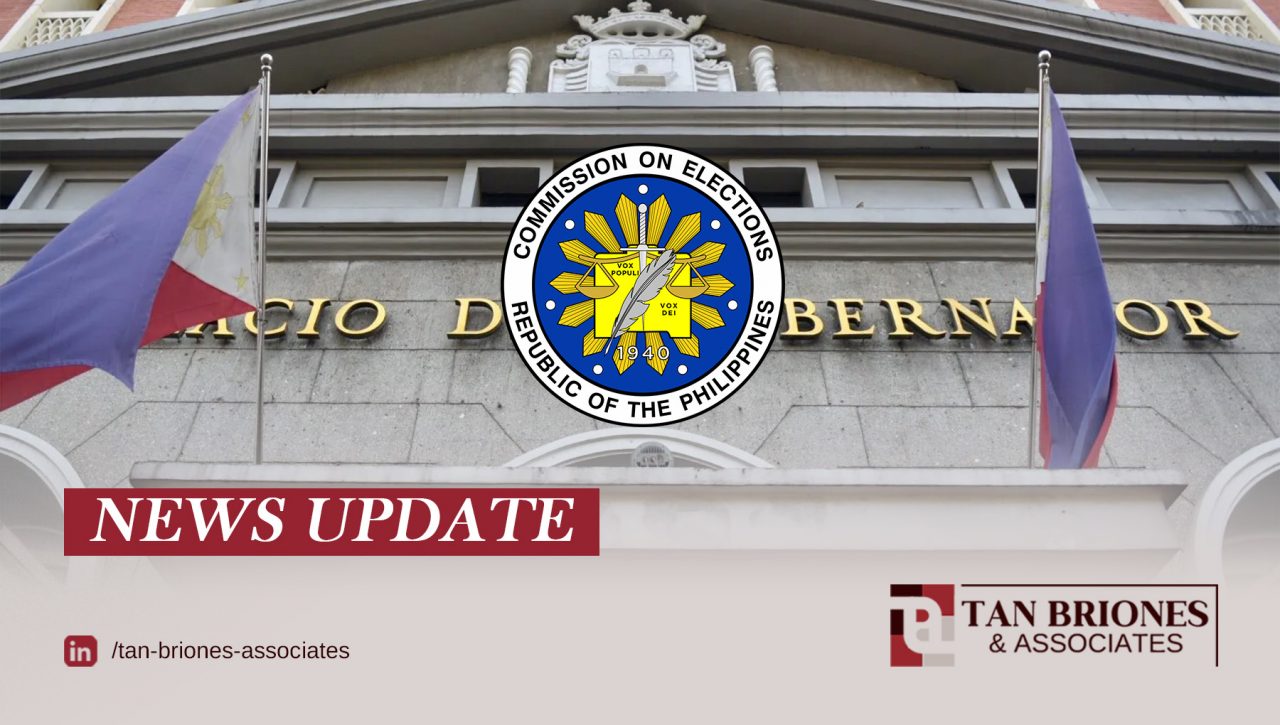
Labeling candidates and supporters as criminals or terrorists without evidence, engaging in political bullying, and committing acts of discrimination are now election offenses, as the poll body moves to curb harassment and uphold fair campaigning in the 2025 polls.
Under Commission on Elections (Comelec) Resolution No. 11116, promulgated on February 19, the poll body outlined specific acts that could lead to disqualification and criminal liability, including political bullying, gender-based harassment, and discrimination based on disability, religion, HIV status, and ethnicity.
The resolution covers in-person actions and statements made through broadcast, print, and online platforms during the election period from January 12 to June 11, 2025.
“We are classifying violations of the anti-discrimination resolution as election offenses. If such acts occur, we will not hesitate to file a case and disqualify violators,” Comelec Chairperson George Erwin Garcia stated.
The resolution defines “labeling” as categorizing, branding, or accusing individuals or groups—without evidence—of being terrorists, dissenters, subversive sympathizers, or members of criminal syndicates.
This prohibition applies to public speeches, campaign materials, online content, and other election-related activities.
“Election-related intimidation and harassment create an atmosphere of fear and discourage participation, compromising the safety of candidates, supporters, and voters,” the resolution states.
The Comelec stressed that the campaign period should not be used as a platform for discrimination or vilification, particularly against marginalized groups.
Beyond political labeling, the resolution penalizes discrimination and harassment, specifically protecting persons with disabilities, indigenous peoples, women, the LGBTQIA+ community, and individuals living with HIV.
Discrimination in public accommodations and violations of anti-discrimination ordinances are also considered election offenses.
“We believe that a campaign period should not be a reason to discriminate against any group or sector, especially the vulnerable,” Garcia emphasized, noting that equality is both constitutionally and internationally guaranteed.
Violators of the resolution face election offense charges, which carry penalties of one to six years of imprisonment, disqualification from holding public office, and loss of voting rights.
Complaints can be filed up to five years after the offense is committed, even beyond the election period.
Comelec urged affected individuals and groups to file complaints rather than wait for the commission to act motu proprio.
“We hope people will come forward and report violations, ensuring accountability in the electoral process,” Garcia said.
The resolution will take effect seven days after its publication in two national newspapers of general circulation.
Follow Tan Briones & Associates on LinkedIn for more legal updates and law-related articles.







